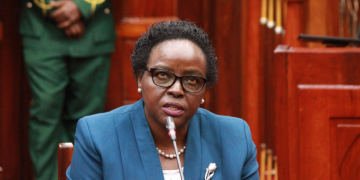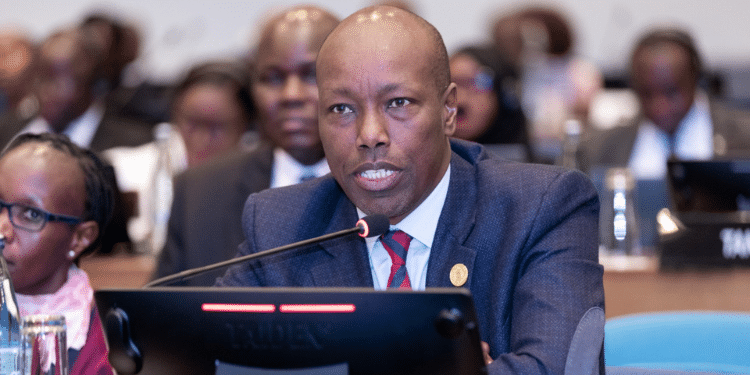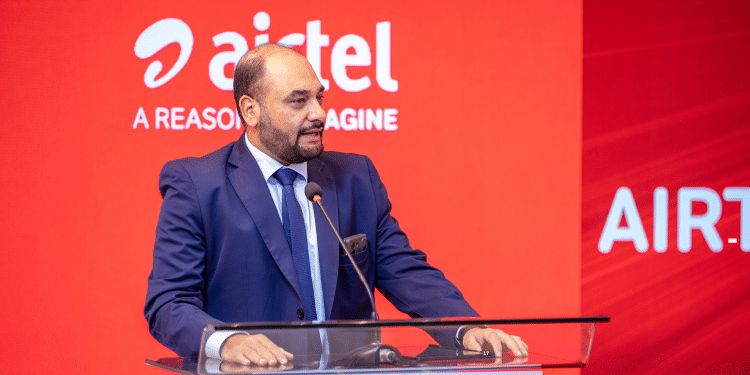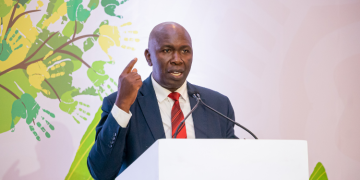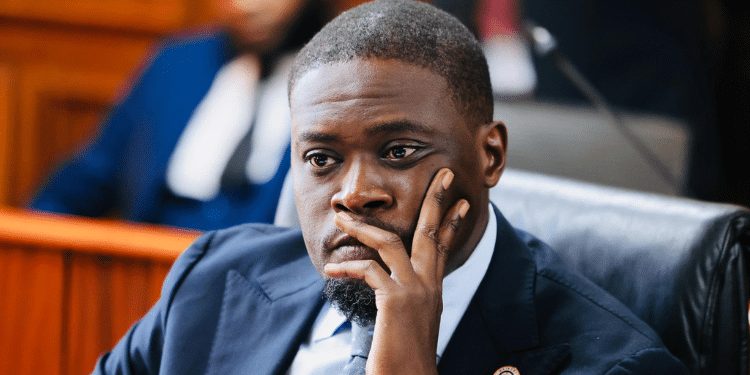Nairobi City County Governor Johnson Sakaja has announced his administration is putting up measures for harnessing of solar power in more to reduce electricity bills owed to the Kenya Power and Lighting Company (KPLC).
Speaking before the Senate Standing Committee on Energy, Sakaja said the county will get solar power in more than 80% of Nairobi City facilities and establishments.
He was responding to a question by Nairobi Senator Edwin Sifuna on the strategies put in place to cut the electricity bill from Ksh100 million monthly.
Sakaja said that the implementation of solar energy in county buildings and street lighting will save the county government Ksh80 million per month.
“We have got investors who are investing in Dandora waste management to produce energy which will supply Nairobi County, and the surplus will be released to the national grid, the investor has committed 200 tippers for collection of garbage in the city,” Sakaja said.
Sakaja Responds to Electricity Pending Bills
The Committee chaired by Siaya Senator Dr. Oburu Odinga held discussions with Sakaja to deliberate on the dispute between the Nairobi City County Government and the KPLC over electricity bill.
Sakaja said that Kenya Power had issued a bill to the Nairobi City County Government amounting to Ksh3 billion.
However, after physical verification of the electricity meters, it was established that the bill had dropped to Ksh1.5 billion which the Governor made a commitment to pay Ksh50 million per month until the bill was completed settled.
Also Read: Sakaja Swings into Action, Sends Home Employees Over Garbage Drama
The Committee heard that after joint meter verification between Nairobi City Government and Kenya power, it was established that some meters were traced to Turkana, Kiambu and Machakos counties.
Additionally, Sakaja said that the agreement was not put on paper and that the agreement was a commitment and show of mutual respect and good faith from the county government.
Sifuna said the agreement should be signed by Kenya Power and County City Government of Nairobi to avoid future conflicts.
“Despite the county government commitment to pay electricity bill amounting to Ksh1.5 billion, electricity supplier Kenya Power had refused to pay Ksh5.6 billion emanating from wayleave fees,” Sakaja said.
Also Read: List of Banks KPLC Customers Can Use to Purchase Tokens
No Benefits from Fibre Optic Cables
Vice Chairperson Senator William Kisang sought to know if the telecommunications companies pay the Nairobi City County government for distribution and laying of fiber optic cables.
Sakaja explained to the committee that Kenya Power benefits commercially from telecommunications companies who pay the electricity company for the use of the Kenya Power distribution network.
However, the governor said the commercial benefits does not cascade to the County Government.
Follow our WhatsApp Channel and X Account for real-time news updates





